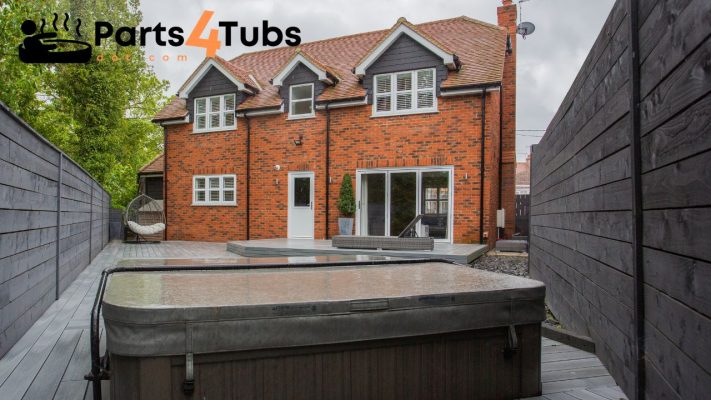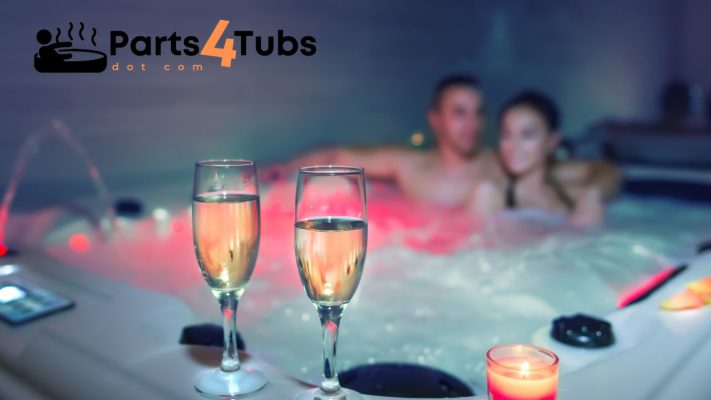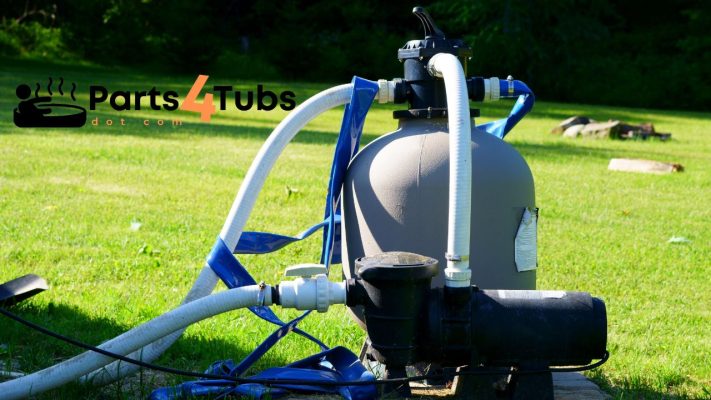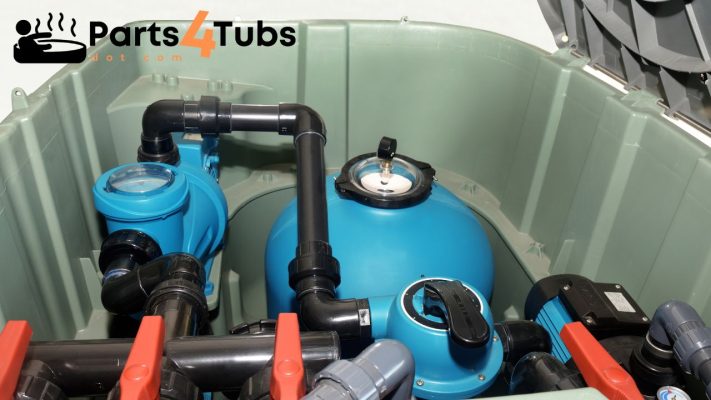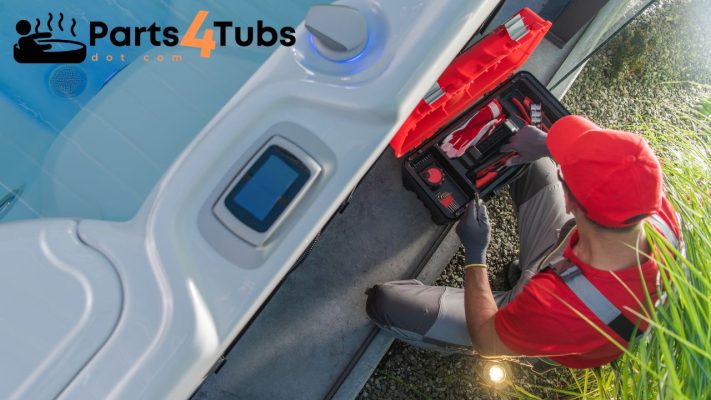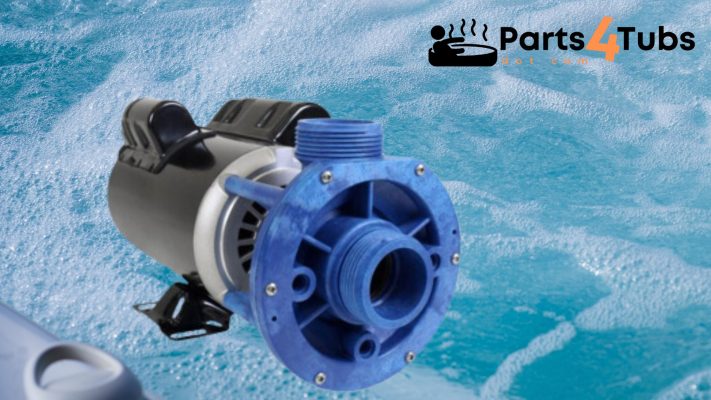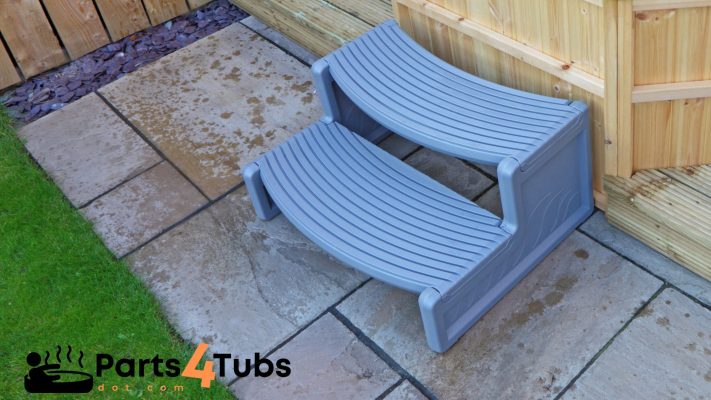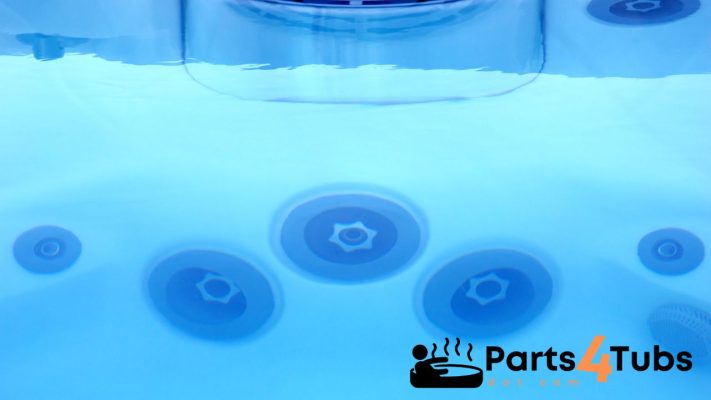Hot Tub Parts Related
Hot Tub Heater – absolutely everyting you need to know
Hot tub heater – what is that all about? Welcome to the ultimate guide on all thing hot tub heater, where I, as a hot tub design consultant and the founder of Parts4Tubs.com, will walk you through everything you need to know about heating solutions for your hot tub.
Whether you’re a seasoned hot tub owner or just starting your spa journey, understanding the different types of hot tub heater and their features is crucial for maintaining the perfect water temperature and enjoying soothing soaks all year-round.
In this comprehensive article, I’ll explore the ins and outs of hot tub heaters, equipping you with the knowledge to make informed decisions and select the ideal heating solution for your specific needs.
Let’s embark on this warm and cosy adventure together! (That was a pretty bad line wasn’t it! Couldn’t resist)
What is a hot tub heater?
A hot tub heater is a vital component of a hot tub system responsible for raising and maintaining the water temperature to your desired level. (go figure!) It ensures that your hot tub water remains warm and inviting, creating a comfortable and relaxing experience for you and your guests.
The heater works by utilizing various heating elements or technologies to generate heat and transfer it to the water in the hot tub. By controlling the temperature, a hot tub heater allows you to enjoy soothing soaks regardless of the ambient temperature. Whether you’re looking to unwind after a long day or entertain guests, a reliable and efficient hot tub heater is essential for creating the perfect spa-like environment.
How does a Hot Tub Heater Work?
Here comes the science bit! A hot tub heater, particularly the regular electric heater found inside a spa pack or spa controls, works by utilizing electrical energy to heat the water in the hot tub. Here’s a breakdown of how it operates:
Heating Element:
The heater consists of one or more heating elements made of a conductive material, typically stainless steel or titanium. These elements are designed to withstand the corrosive environment of hot tub water.
Electric Current:
When the hot tub is powered on, an electric current flows through the heating elements. The elements have a high electrical resistance, which causes them to heat up as the current passes through.
Transfer of Heat:
As the heating elements heat up, they transfer the heat to the surrounding water through conduction. The water comes into direct contact with the heated surface of the elements, causing the temperature of the water to rise.
Thermostat Control:
The hot tub heater is equipped with a thermostat, which monitors the water temperature. When the water temperature drops below the desired set point, the thermostat signals the heater to activate and start heating the water again.
Safety Features:
To ensure safe operation, hot tub heaters are equipped with safety features such as high-limit sensors and pressure switches. These components monitor and regulate the temperature and pressure within the system, preventing overheating or damage.
Integration with Spa Controls:
The hot tub heater is integrated into the spa controls or spa pack, which typically includes other components such as pumps, filters, and control panels. The spa controls provide the user interface for adjusting the temperature settings and monitoring the operation of the heater.
Overall, the electric heater in a hot tub operates by converting electrical energy into heat, which is then transferred to the water through the heating elements. This allows you to enjoy a warm and comfortable hot tub experience whenever you desire.
What are the different types of hot tub heater?
When it comes to hot tub heating, there are several alternative options to the regular electric heater. Let’s explore some of the most common alternatives and discuss their pros and cons:
Natural Gas Heater:
-
- Pros: Natural gas heaters offer fast and efficient heating, allowing for quick heat-up times. They are suitable for areas with a natural gas supply, providing a cost-effective heating solution. Natural gas heaters can maintain consistent water temperatures even during colder weather.
-
- Cons: Installing a natural gas heater may require professional assistance and proper ventilation. Additionally, the availability of natural gas may vary depending on your location. Natural gas heaters also require regular maintenance to ensure safe operation.
Propane Heater:
-
- Pros: Propane heaters are a popular choice for hot tubs, especially in areas without a natural gas supply. They provide efficient heating and can heat the water quickly. Propane heaters are relatively easy to install and offer flexibility in terms of location.
-
- Cons: Like natural gas heaters, propane heaters require proper ventilation and periodic maintenance. Propane tanks need to be refilled or replaced regularly, which can involve additional costs. Availability of propane may vary depending on your area.
Air Source Heat Pump:
-
- Pros: Air source heat pumps are energy-efficient heating options that utilize ambient air to heat the hot tub water. They can significantly reduce energy costs and are environmentally friendly. Heat pumps can also provide cooling functionality during warmer months.
-
- Cons: Air source heat pumps may have longer heat-up times compared to gas heaters. They are dependent on the outside air temperature, so their efficiency may decrease in colder climates. Heat pumps may require more initial investment compared to other heating options.
Heat Exchanger:
-
- Pros: Heat exchangers are used in conjunction with an existing heating system, such as a boiler or solar thermal system. They can be an efficient way to heat the hot tub water by utilizing the heat generated from another source.
-
- Cons: Installing a heat exchanger may require professional assistance and integration with an existing heating system. Heat exchangers are dependent on the availability and performance of the primary heating source.
Each of these alternative hot tub heating options has its own advantages and considerations.
When choosing the right heating method for your hot tub, consider factors such as energy efficiency, availability of fuel sources, installation requirements, and local climate conditions. Consulting with a hot tub professional can help you determine the most suitable heating solution for your specific needs and circumstances.
What is the best hot tub heater?
In conclusion, determining the best hot tub heater ultimately depends on several factors that are specific to your situation. There is no one-size-fits-all answer when it comes to choosing the right heater for your hot tub. It is crucial to consider your location, ambient temperature, available utilities, and your intended usage of the hot tub.
If you have access to a natural gas supply, a natural gas heater may be a cost-effective and efficient option. On the other hand, if natural gas is not readily available, a propane heater can provide reliable heating. Both options offer fast heat-up times and consistent water temperatures.
If energy efficiency and environmental considerations are important to you, an air source heat pump might be a suitable choice. Heat pumps can significantly reduce energy costs and provide both heating and cooling capabilities. However, they may have longer heat-up times in colder climates.
If you already have an existing heating system, such as a boiler or solar thermal system, integrating a heat exchanger can be an efficient way to heat your hot tub water.
To make the best decision, you need to assess and take into account factors such as your location, budget, and desired energy efficiency to help you choose the best hot tub heater that aligns with your requirements.
Remember, what may be the best hot tub heater for one person may not be the same for another. By considering your unique circumstances and consulting with experts, you can make an informed decision and enjoy the perfect hot tub experience tailored to your needs.
Happy Hot Tubbin’
Andi
Can I Help You?
If I can help you in any way I would love to hear from you. You can get in touch using the form below.
Thanks - Andi


